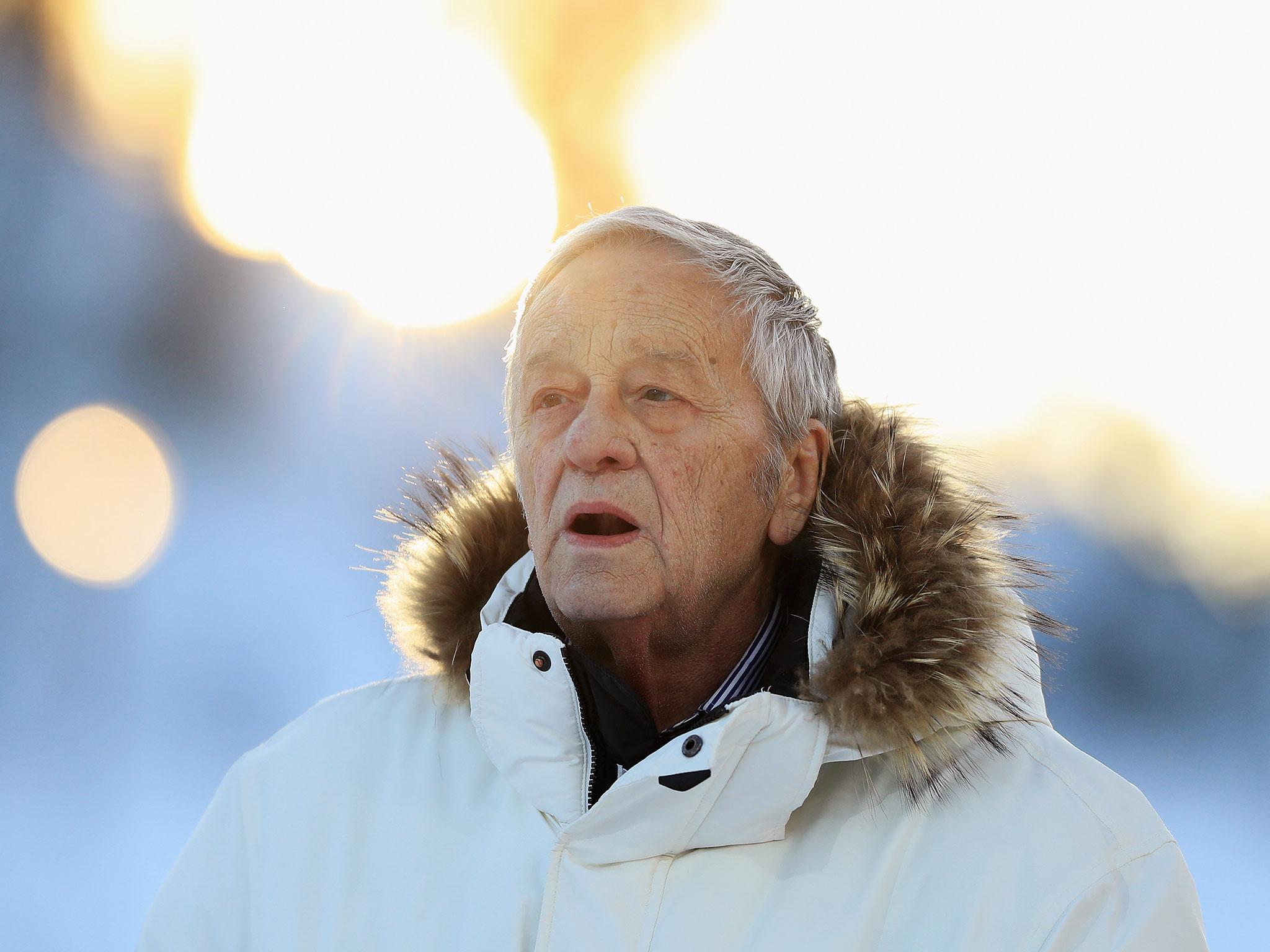Senior Olympic official compares Russian doping ban to the Holocaust
Gian-Franco Kasper made the Holocaust comparison during Thursday's IOC executive board meeting in Pyeongchang, the host city for next February's Winter Olympics

A senior International Olympic Committee member has apologised after comparing calls for a blanket ban of Russian athletes for state-sponsored doping to Nazi Germany's treatment of Jews.
In a statement released by the IOC's press office, Gian-Franco Kasper said: "It was an inappropriate and insensitive comment. I apologise unreservedly for any offence I have caused. I am truly sorry."
The 73-year-old Swiss made the Holocaust comparison during Thursday's IOC executive board meeting in Pyeongchang, the host city for next February's Winter Olympics.
The board is debating whether or not to suspend the entire Russian team from those Games - a decision world athletics' governing body the IAAF and the International Paralympic Committee took before the Rio Games but the IOC did not.
The grounds for punishing Russia in this fashion have been laid by two World Anti-Doping Agency-funded commissions, the first by former WADA president and IOC member Dick Pound and the second by Canadian legal expert Richard McLaren, whose report found concrete proof of institutionalised doping in Russia that helped more than 1,000 athletes evade positive tests over a five-year period.
The sporting superpower's conspiracy to cheat the anti-doping system reached its peak at the 2014 Winter Olympics in the Russian city of Sochi. That fact, coupled to the legal complexity of pursuing cases against individuals, has raised the possibility that the IOC might reverse its Rio position and consider what it referred to as a "collective punishment".
But Kasper, the president of the International Ski Federation (FIS) and an IOC member for 17 years, is firmly against a blanket and has repeatedly spoken out against it over the last year.
According to the insidethegames website, Kasper once again told his executive board colleagues that he was concerned about punishing clean Russian athletes for the sins of others.
He is reported to have said: "I'm just against bans or sanctioning of innocent people. Like Mr Hitler did - all Jews were to be killed, independently of what they did or did not do."
Kasper, who also sat on WADA's foundation board until last year and is head of the Association of International Winter Olympic Sports Federations, went on to voice his doubts that McLaren's report contains sufficient evidence to make anti-doping cases against any Russian athletes.
This has been a topic of considerable debate all winter and McLaren was once again forced to defend his work at WADA's annual symposium in Lausanne on Monday.
He admitted that because of time and money pressures some small mistakes were made with issues such as translations from Russian. But he strongly defended the main thrust of his investigation, which was set up to prove there had been institutionalised cheating in Russia, not prosecute individual cases.
That task now sits with the various international federations and nobody is under any illusions that it will be easy, despite the evidence McLaren has been able to hand over to them.
The problems are that many of the documents and samples have been destroyed or withheld by the Russians and there may be some difficulty in proving every athlete was fully aware of the conspiracy to cheat.
Another issue is that most federations simply are not cut out to deal with this type of "non-analytical" doping positive, as they are used to dealing with positive samples, not investigative work. These headaches are another reason why the possibility of a blanket ban is gaining traction.
PA
Join our commenting forum
Join thought-provoking conversations, follow other Independent readers and see their replies
Comments
Bookmark popover
Removed from bookmarks